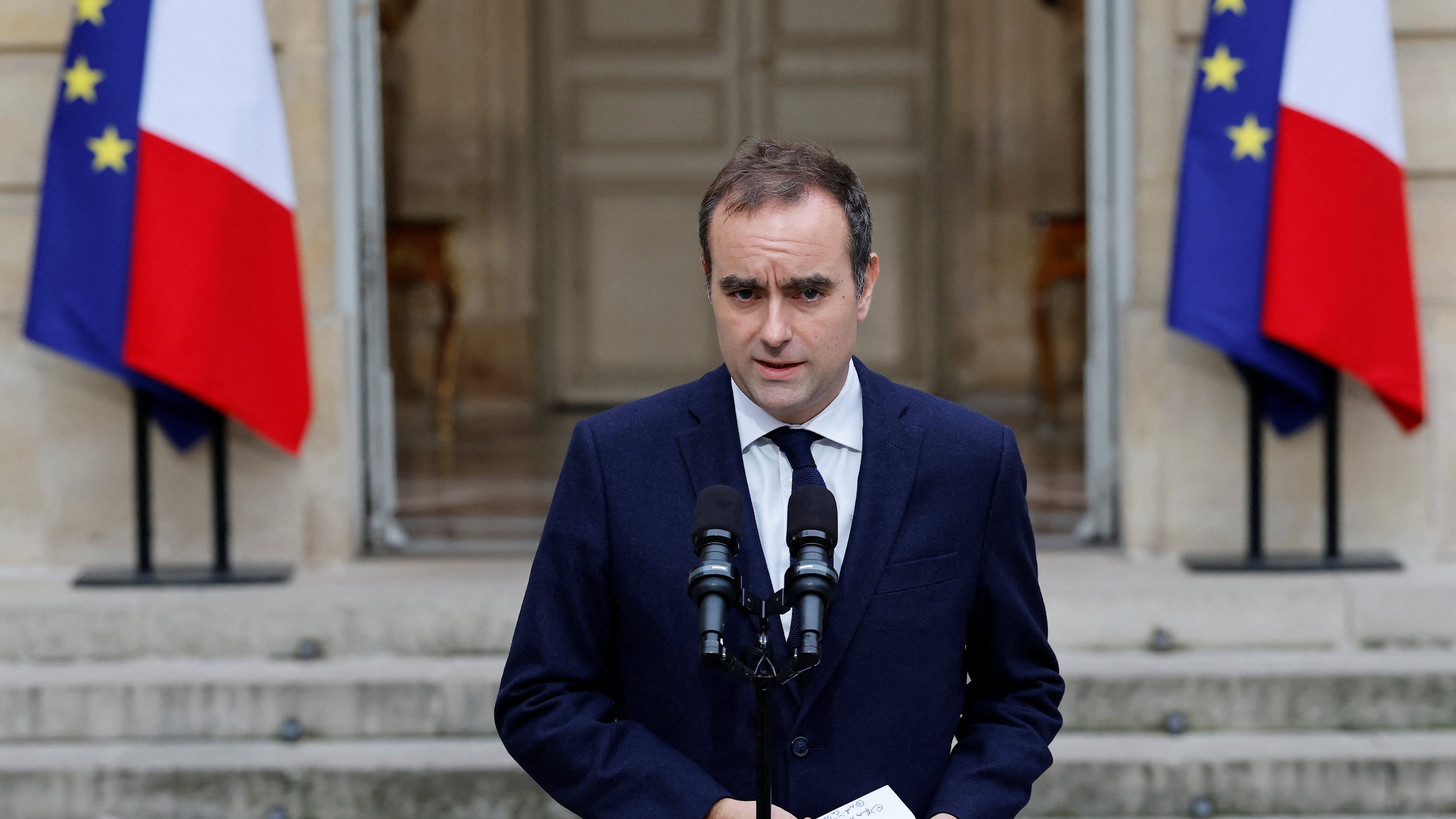Macron to name new prime minister within 48 hours after deepening political crisis

PARIS (AP) — French President Emmanuel Macron said Wednesday that he will name a new prime minister in the next 48 hours, for now rejecting other options in the face of a political storm.
The naming of a replacement for outgoing Prime Minister Sébastien Lecornu, who abruptly resigned on Monday, will — at least for now — move France away from the likelihood of snap legislative elections, another possibility that is available to the French leader but which could plunge the European Union’s second-largest economy into even greater uncertainty.
The announcement from Macron's office of a prime ministerial appointment before the weekend came after Lecornu — at the president’s request — spent the two days after his resignation taking the temperature in Parliament, to see whether there was enough support in the powerful but fractured lower house to form a new government.
Lecornu concluded that there was, even though Macron's camp and its allies don't have a majority in the National Assembly and the French leader's prime ministerial appointments, leading minority governments, have tumbled one after another in quick succession over the past year.
The presidential statement said that in the wake of his talks with political parties, Lecornu determined that a majority of National Assembly lawmakers don't want snap legislative elections and that it's “possible” that they could agree on a 2026 budget for France by the end of the year.
“On this basis, the president of the Republic will name a prime minister within 48 hours,” the statement said, without a hint of who Macron will choose.
Lecornu signaled that it won't be him again.
“I’m not chasing the job,” he said. “My mission is finished.”
In an interview with broadcaster France Télévisions before Macron's announcement, the outgoing prime minister said his 48 hours of talks with all parties except those on the far left and far right that refused negotiations had made progress and that “an absolute majority” of lawmakers don't for now see a need to dissolve the National Assembly, a move that backfired on Macron when he last did that.
Lecornu said Macron’s centrist camp and its allies in the Parliament, plus some opposition parties, could still come together to form a new government.
“There’s a majority that can govern,” Lecornu said. “I feel that a path is still possible. It is difficult."
The result from the elections triggered by Macron's stunning National Assembly dissolution in June 2024 was a hung Parliament. No one group has enough lawmakers in the 577-seat chamber to form a government alone. The ensuing political deadlock has rattled investors, infuriated many voters and frustrated efforts to agree on a budget to tackle France's mounting state deficit and damaging debts.
Without a stable majority, Macron's minority governments have lurched from crisis to crisis, collapsing as they sought lawmakers' support for unpopular cuts to public spending. Lecornu's resignation on Monday morning came just 14 hours after he'd named a new Cabinet the night before, with his fragile coalition shattering in the face of political and personal rivalries.
To buy more time to weigh his options, Macron then asked the 39-year-old Lecornu — a close ally who had previously served as defense minister — to reach out again to parties in the National Assembly, to try to build consensus behind France’s next budget, an urgent national priority.
Lecornu said the political parties he consulted all feel that agreement on a 2026 budget is a priority.
“They all said that we must not take the risk of not having a budget on the 31st of December,” he said.
____
Samuel Petrequin reported from London.

